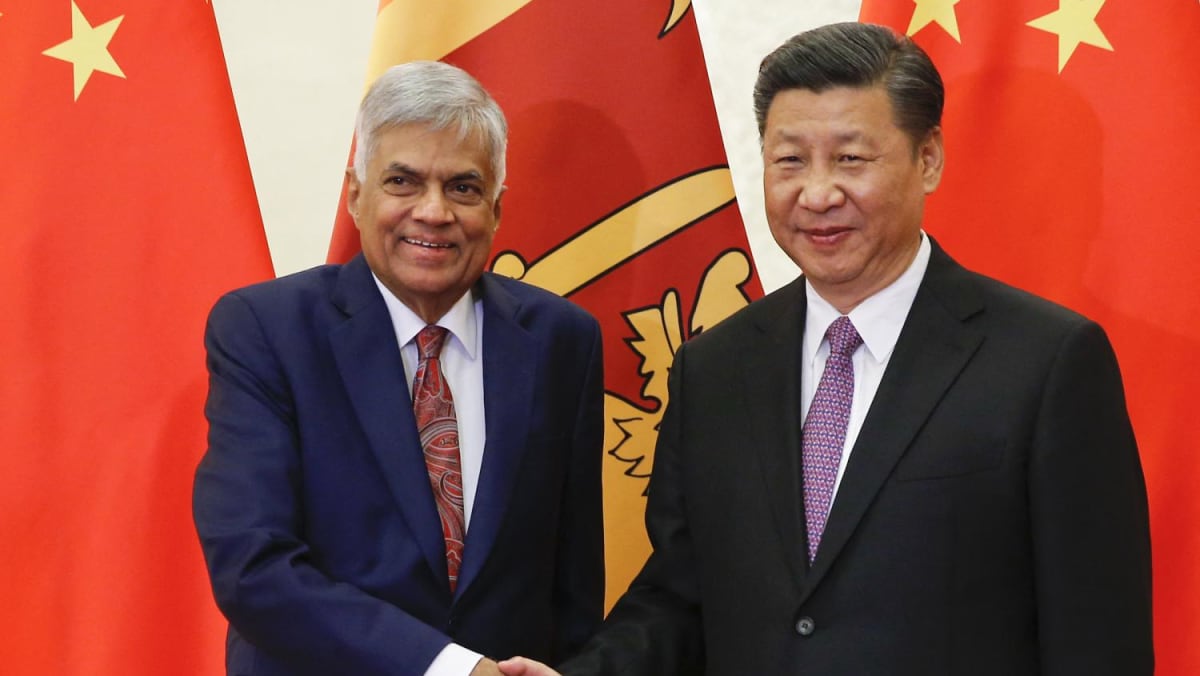
The biggest obstacle for Sri Lanka to obtain a $2.9 billion bailout from the International Monetary Fund has been removed by China's assurances that it will support the debt restructuring.
People familiar with the situation, who requested anonymity due to the confidential nature of the information, stated that on March 6, Sri Lanka's largest bilateral creditor provided written support for the debt restructuring via the Export-Import Bank of China. According to the individuals, the letter satisfies the IMF's requirements.
When contacted for comment, China Eximbank did not immediately respond. Calls for confirmation have gone unanswered from the office of Sri Lanka President Ranil Wickremesinghe, who is also the finance minister. Calls to Governor Nandalal Weerasinghe's mobile phone have not been returned.
China's sponsorship finishes the help Sri Lanka needs from lender countries to permit the IMF board to support the advance that was settled upon by the Asset staff in September. Sri Lanka had anticipated the board's approval by the end of 2022, but its expectations have since been adjusted to this quarter.
The bailout will make ready for additional financing and set the bankrupt country's obligation rebuilding on a steadier way since last year's default. The island nation requires the IMF loan to obtain additional funding and turn the corner, even though the paralyzing supply shortages have decreased, foreign currency reserves have been steadily increasing, and inflation has somewhat decreased.
Countries with sustainable debt are the only ones eligible for IMF financial assistance. If official bilateral creditors give the IMF sufficient assurances that they will assist in restoring debt sustainability, IMF financing for countries with unsustainable debt may commence prior to the completion of a debt restructuring.
In order to secure the IMF loan, Sri Lanka has increased taxes, reduced energy subsidies, and relaxed its currency control in recent months. Authorities have recently eased their grip on the currency to boost market confidence and increased borrowing costs in an effort to prevent inflation, which has fallen by nearly 70%.
China is responsible for 52% of the nation's bilateral debt. Since Sri Lanka defaulted in May of last year, the debt restructuring that has dragged on has received support from India and the Paris Club of creditors.
As tourism and remittances pick up, the troubled economy hopes to turn the corner following the bailout, with inflation expected to fall to single digits by the end of 2023.

0 Comments